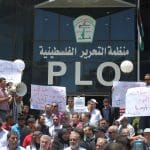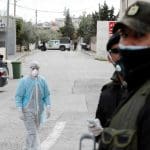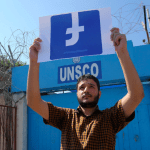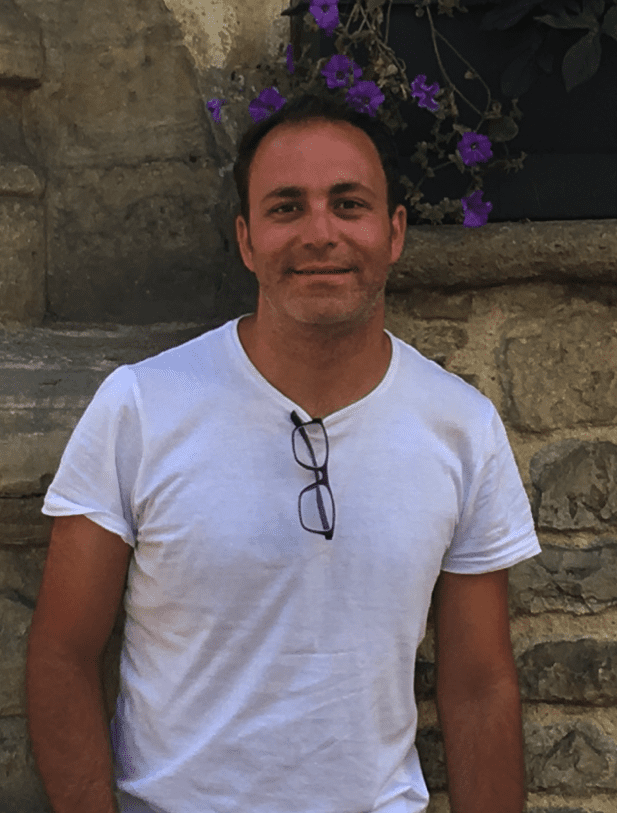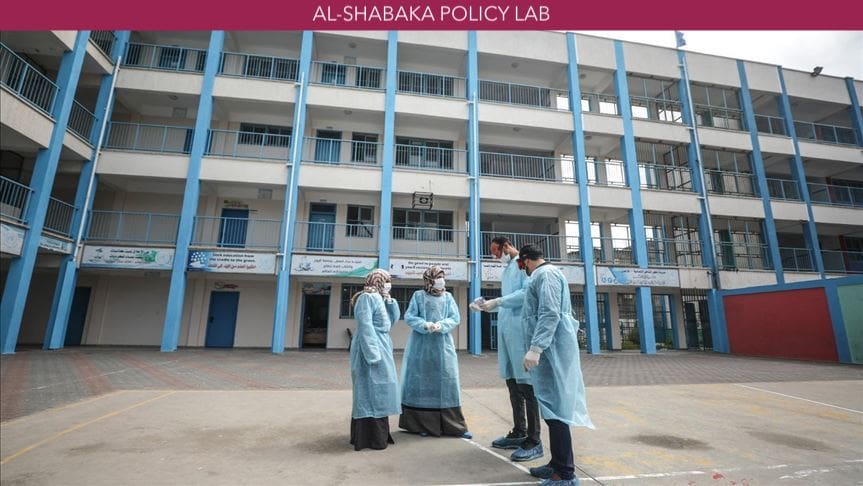
The COVID-19 pandemic has reached Palestine, and in doing so has brought to the surface latent power structures that render Palestinians particularly exposed to the virus.
In this policy lab, host Nur Arafeh speaks with analysts Yara Asi and Osama Tanous about the Palestinian health system’s capacity to handle a pandemic, the myths of Gaza’s exceptionalism, and the ways in which Israel’s settler-colonial project has re-shaped Palestinian bodies, as well as their nutrition and surrounding environments, to render them most vulnerable to health crises such as this.
Dr. Yara M. Asi is an Assistant Professor at the University of Central Florida in the School of Global Health Management and Informatics. Her research...
Al-Shabaka Member Osama Tanous is a specialized pediatrician based in Haifa. He is currently pursuing a Masters in Public Health and is a researcher for...
Nur Arafeh is a Fellow at the Malcolm H. Kerr Carnegie Middle East Center, in Washington DC, where her work focuses on the political economy...









